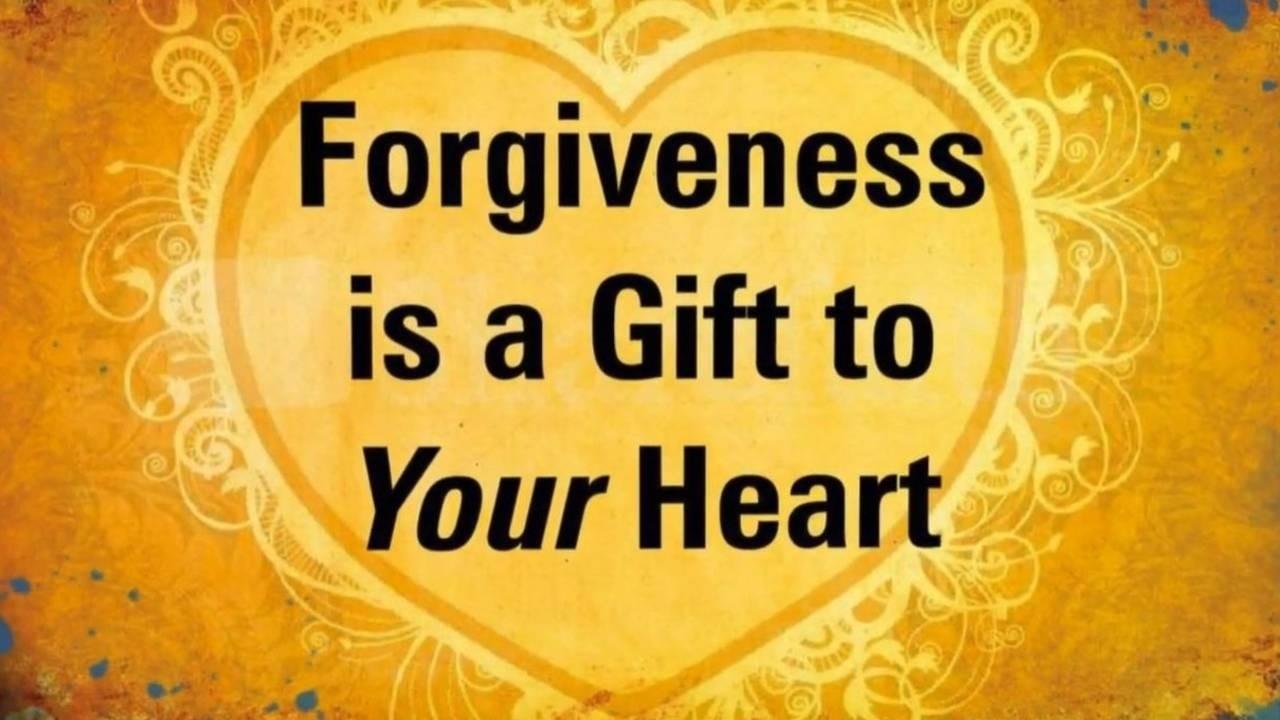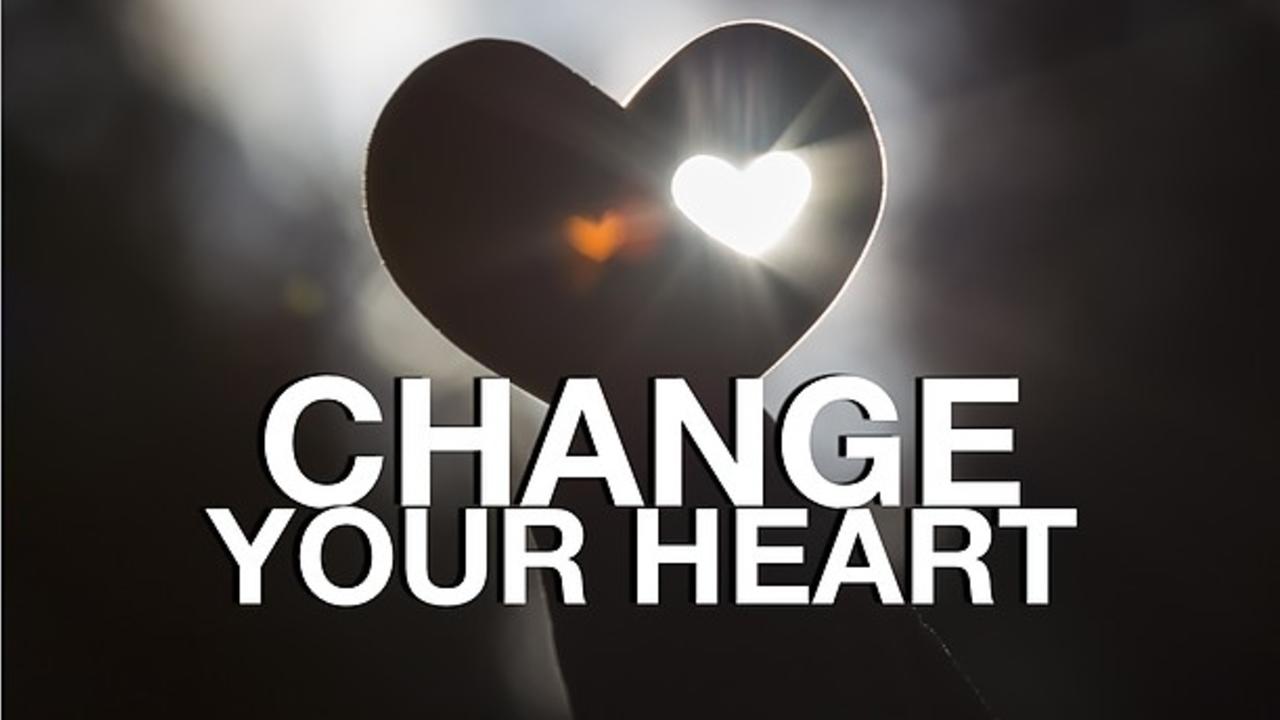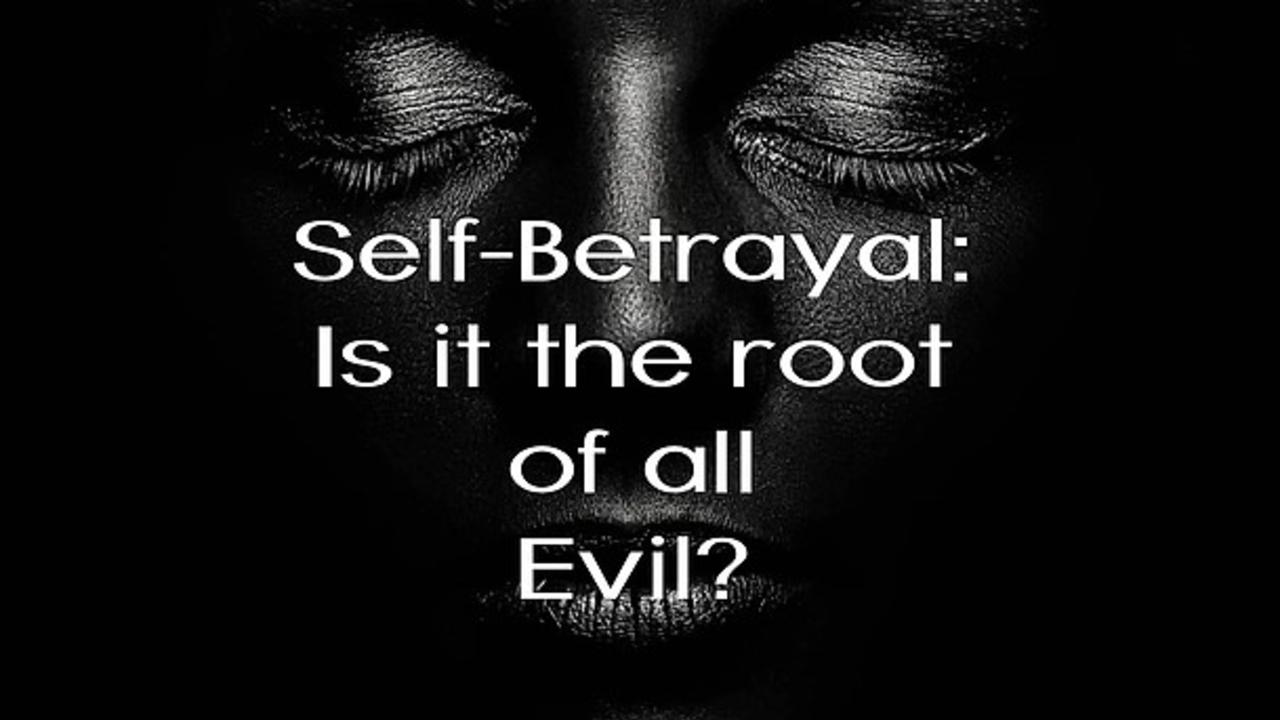Relationship Help - What Helps and Hinders Forgiveness?

Recent research has found that empathy, attributions and appraisal, and rumination all play significant roles in one's ability to forgive.
Empathy for the Transgressor
Empathy has been defined as an intellectual identification with another’s life, whether it be an emotional state or a set of circumstances. Empathy allows someone to feel compassion, tenderness and sympathy for another. In several studies (McCullough et al., 1997, 1998; Worthington et al., 2000), people’s ability to forgive was highly correlated with the empathy the person felt for their transgressor.
When transgressors apologize, they express degrees of fallibility and vulnerability, which might cause their victims to feel empathetic, which helps them forgive. Indeed, empathy for the transgressor is the only psychological variable that has, to date, been shown to facilitate forgiveness when induced experimentally (McCullough, et al., 1997, Worthington et al., 2000).
Generous Attributions and Appraisals
Compared w...
Relationship Help - Dreams of Change

Experts say it takes at least 30 days to develop a new habit. In my experience, it takes longer. Change is not easy. What is easy are acting out habits that no longer serve us, but at least we don't have to think about them, they are automatic. Most relationships are on auto-pilot. They have lost a great deal of conscious choice. They creep along doing the same things that don't work, until the relationship no longer works.
This is not what people say they want. They say they want something better, a way of relating and connecting that feels good, interesting and not stagnant. And yet, they keep doing those things, behaving in those ways that do not bring hope and feelings of connection, but instead, only serve to push two people further away from one another. So why does this happen?
It happens because healthy, happy relationships not only require commitment, patience, dedication, and internal fortitude, they require a great desire to care for their relationship as if it was a liv...
Relationship Help - FREE Relationship Advice – How much is it worth?

Have you ever asked yourself, “How valuable is FREE advice?” I have. Especially FREE relationship advice. There is a boatload of that 'stuff' available, but most of it is worth the price you actually don't pay for it.
There are two reasons why FREE advice, especially relationship advice, might not have the value you want or need.
The first is that you might find as you go through life is that those who give advice most freely are precisely the people who are least qualified to do so.
It has been my experience that busy, successful people don’t have time to tell you how to live your life, or live your dreams. They don't have time to get dragged into your relationship drama. They are busy living and loving. Their lives are full.
Frustrated or mediocre people seem to have all the time in the world to stick their noses in your relationship woes. They have given up working on the dreams and goals they had for themselves and now, they want you to help them prove that they were right to q...
Relationship Help - 5 Regrets that Hinder Love

Wikipedia tells us that Regret is a negative conscious & emotional reaction to personal past acts and behaviors. Regret is often expressed by saying “I'm sorry.” Or worse, the expression of regret is never uttered to the one we have on some level hurt. Regret is often a feeling of sadness, shame, depression, embarrassment, annoyance, or guilt, after one acts in a manner and later wishes not to have done so. I believe that many people feel that regrets are missed opportunities like an apology unexpressed, love withheld, a dream unrealized, a gift or talent unused.
Below are 5 common regrets:
1. I wish I’d had the courage to live a life that I dreamed and not the life others expected me to live.
This is the most common regret. When people realize that their life is almost over and look back at the many apologies not sincerely given, love unexpressed, dreams unfulfilled, and risks not taken. When a couple can ask for forgiveness, show their love for one another consistently and dream the...
Self-betrayal: Is it the root of all evil?

Will Smith, an actor I enjoy, was incensed over celebrity gossip Web site articles that he said misinterpreted a December 25, 2007 remark he made in a Scottish newspaper about Adolf Hitler. Since 2007 misinterpretation, or words twisted to make a political statement have only gotten worse. There seems to be little grace these days and what can be misinterpreted, depending on your political leanings, will be misinterpreted by your enemies. It used to be that our enemies were people who wanted to destroy freedom of speech but now, enemies are simply people who disagree with your speech.
The quote Smith said was misinterpreted "Even Hitler didn't wake up going, 'let me do the evilest thing I can do today.' I think he woke up in the morning and using twisted, backward logic, he set out to do what he thought was 'good,'” originated from a story published Saturday, December 23, 2007, in the Daily Record.
I think Smith, in his attempt to make a statement about what he obviously believes is ...


